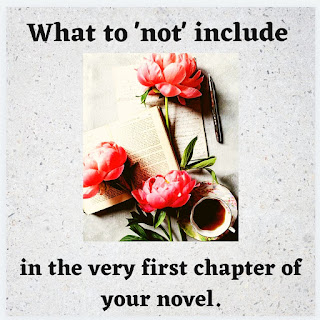What is WordPress? Why is it used?
Wordpress is a free online blogging platform where writers can self-publish their articles, blogs, stories, and insights. It is primarily a blog hosting website, served worldwide, owned and created by Automattic, Inc. It provides free blog hosting services for registered users. All one needs is a domain and hosting service to create and publish web pageswebpages using WordPress.
Key elements of WordPress:
Post
Anything that a user publishes on WordPress is a post. It can be an article, a blog, a story, or an insight. Freelancers can also offer their services on WordPress with the help of posts describing their services, the unique features of the services, their rates, etc. Writers can post their experiences and anecdotes in their WordPress domains to build an audience.
What started off as a free blog hosting website is also being used as an advertisement platform nowadays. Whether it is product information, a biography of the author, the history of a particular company, anything published in a WordPress domain qualifies as a post.
Pages
Pages display the posts that an author publishes on WordPress. ThesePages were introduced in WordPress version 1.5. It permits users to create static pages like a home page, an about page, a contact page, a services page, a portfolio page, etc, all containing a specific kind of information related to the company, the author, a product, etc. Pages can be hierarchical. One page can have multiple sub pages. There is no limitation on the number of pages a user can create on WordPress. A user can also use different page templates to change the appearances of the pages.
Media
With the help of the Media tab, a user can upload photos, videos, GIFs, audio, and other files to his or her WordPress domain for further use in the posts. There are two screens under the
Media menu- Library and Add New. Under the Library screen, one gets to see all the images, GIFs, video, audio clips one has uploaded to one's domain. The Add New option allows the user to upload free media to his or her domain for future use. The contents in the Library can be deleted and even edited depending on the wishes of the user. If the users want to insert any of these uploaded files in their posts, they simply have to select their preferred files from the library and add them in their desired places.
Themes
Themes in WordPress is a collection of templates and stylesheets that bring diversity in the appearance of a WordPress powered website. Each theme comes with a distinct design, layout and features, and it gives a unique look to the website. Themes can be changed and managed by the users according to their tastes and preferences and the requirements of their website. A wide range of free themes are available on WordPress. However, there are some themes that the users have to purchase to use.
Plugins
Plugins are little pieces of software that extend the functionality of a WordPress website. Each plugin comes with a unique set of features and they add to the overall efficiency of the website in their own unique ways. Different plugins are available for different purposes. They can be used for free from the official WordPress plugin directory. Some special plugins are also available for purchase from third-party companies and developers. Using plugins, users can add features to their websites without knowing a single line of code.
Comments
Comments are the reactions that the readers leave on a WordPress website as a response to the blog, article, experience, or information posted in it. TheseComments are a great way to start multiple dialogues and build a community around one's blog. Through the comments, readers can offer constructive feedback, voice their opinions, ask questions, and thus engage with the blog content. The users have the option to approve of or reject a comment from appearing under their posts. They can also reply to the comments and thus initiate healthy conversations around their posts.
Users
Users are the ones who create and post content in the website, edit content, manage comments, etc. It's not necessary to always have one user for one website. Multiple users can manage a single WordPress website. There are several roles in a WordPress website, like the roles of Super Admin, Administrator, Editor, Author, Contributor, and Subscriber. Different users perform different roles. Each role has a specific set of tasks that it is allowed to perform. These tasks are known as “capabilities”. Although every role has a predefined set of capabilities, new capabilities can be added and removed from each role.
These are the fundamental elements or the building blocks of the WordPress ecosystem. A thorough knowledge of these key elements can help a user have a more fulfilling experience working on a WordPress website. Thus it is always advisable to look up the features before starting out.



















